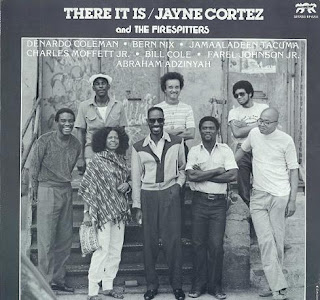An Exequy
In wet May, in the months of change,
In a country you wouldn’t visit, strange
Dreams pursue me in my sleep,
Black creatures of the upper deep –
Though you are five months dead, I see
You in guilt’s iconography,
Dear Wife, lost beast, beleaguered child,
The stranded monster with the mild
Appearance, whom small waves tease,
(Andromeda upon her knees
In orthodox deliverance)
And you alone of pure substance,
The unformed form of life, the earth
Which Piero’s brushes brought to birth
For all to greet as myth, a thing
Out of the box of imagining.
This introduction serves to sing
Your mortal death as Bishop King
Once hymned in tetrametric rhyme
His young wife, lost before her time;
Though he lived on for many years
His poem each day fed new tears
To that unreaching spot, her grave,
His lines a baroque architrave
The Sunday poor with bottled flowers
Would by-pass in their morning hours,
Esteeming ragged natural life
(‘Most dear loved, most gentle wife’),
Yet, looking back when at the gate
And seeing grief in formal state
Upon a sculpted angel group,
Were glad that men of god could stoop
To give the dead a public stance
And freeze them in their mortal dance.
The words and faces proper to
My misery are private – you
Would never share our heart with those
Whose only talent’s to suppose,
Nor from your final childish bed
Raise a remote confessing head –
The channels of our lives are blocked,
The hand is stopped upon the clock,
No one can say why hearts will break
And marriages are all opaque:
A map of loss, some posted cards,
The living house reduced to shards,
The abstract hell of memory,
The pointlessness of poetry –
These are the instances which tell
Of something which I know full well,
I owe a death to you – one day
The time will come for me to pay
When your slim shape from photographs
Stands at my door and gently asks
If I have any work to do
Or will I come to bed with you.
O scala enigmata,
I’ll climb up to that attic where
The curtain of your life was drawn
Some time between despair and dawn –
I’ll never know with what halt steps
You mounted to this plain eclipse
But each stair now will station me
A black responsibility
And point me to that shut-down room,
‘This be your due appointed tomb.’
I think of us in Italy:
Gin-and-chianti-fuelled, we
Move in a trance through Paradise,
Feeding at last our starving eyes,
Two people of the English blindness
Doing each masterpiece the kindness
Of discovering it – from Baldovinetti
To Venice’s most obscure jetty.
A true unfortunate traveller, I
Depend upon your nurse’s eye
To pick the altars where no Grinner
Puts us off our tourists’ dinner
And in hotels to bandy words
With Genevan girls and talking birds,
To wear your feet out following me
To night’s end and true amity,
And call my rational fear of flying
A paradigm of Holy Dying –
And, oh my love, I wish you were
Once more with me, at night somewhere
In narrow streets applauding wines,
The moon above the Apennines
As large as logic and the stars,
Most middle-aged of avatars,
As bright as when they shone for truth
Upon untried and avid youth.
The rooms and days we wandered through
Shrink in my mind to one – there you
Lie quite absorbed by peace – the calm
Which life could not provide is balm
In death. Unseen by me, you look
Past bed and stairs and half-read book
Eternally upon your home,
The end of pain, the left alone.
I have no friend, no intercessor,
No psychopomp or true confessor
But only you who know my heart
In every cramped and devious part –
Then take my hand and lead me out,
The sky is overcast by doubt,
The time has come, I listen for
Your words of comfort at the door,
O guide me through the shoals of fear –
‘Fürchte dich nicht, ich bin bei dir.’
[from
The Cost of Seriousness, 1978]
Not a poem from my youth, but one I have always liked intensely. It is very 'poetic' - the rhyming couplets; the sustained poetic references; its learned cleverness, and I can imagine the detractors because of this - but for me this control is a part of its formal grace and sincere dedication to Porter's first wife, on whose death this poem is both an exequy but more passionately a eulogy. Indeed, it is the juxtapositions of taut poetic lines and content with tender confession which makes it so powerful, and ultimately honest.
Bishop [Henry] King's model is itself a moving piece and I have now posted it in the comments section of this post.






































